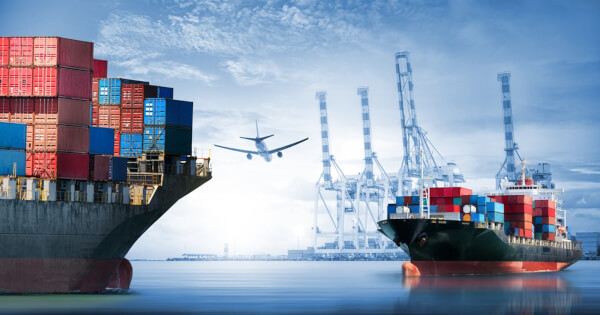The Indian blockchain and crypto industry is looking ripe for disruption after the country’s central bank overturned a crypto ban earlier this year. Firms are adopting blockchain technology into their businesses and crypto-ventures are attracting foreign investments.
In the latest development, India’s largest port operator announced on May 27 it is adopting blockchain technology through its shipping and invoicing business.
India looks to blockchain
Adani Ports and Special Economic Zone (APSEZ) has signed up with TradeLens, a blockchain-based platform jointly developed by Maersk and IBM. Cargo facilities at several Indian ports, including major ones like Vizag, Marmagao, and Mundra, will all be integrated on the platform soon.
The move comes after ports, governments, and corporations around the world are looking to integrate distributed computing and blockchain into their coffers, presumably to ensure verifiability and maintain higher levels of trust in a post-COVID environment. The shipping industry, particularly, depends on paperwork and a lot of legal hassles, and blockchain-based systems may help greatly to ensure smoother functioning.
A port official speaking to local paper Hindu Business Line stated: “During the pandemic, we realized the price of not digitizing the industry. There will be a mindset change now and more firms will adopt the technology.”
The TradeLens partnership will enable greater ease of doing business across the supply chain by replacing manual, time consuming administrative processes with digital procedures powered by blockchain technology.
Tradelens’ open-source blockchain protocol is support by major shipping firms and over 100 ports globally. The firm promotes the efficient and secure exchange of information to encourage collaboration between shipping participants and increase trust across international ports.
Each day, the firm pulls in data from partners and shares it for participants to access, reduce average times through improved efficiency and timeliness in the creation and distribution of shared documents like commercial invoices, bills of lading and packing lists that routinely get generated and exchanged between trading partners.
Cost savings are a huge benefit to firms. Tradelens estimates supply chain visibility and improved document flow can save Indian importers like the Jawaharlal Nehru Port up to $220 million a year, courtesy of lower transport and logistics costs.
If all Indian ports adopt the platform, the firm estimates savings of up to $860 million annually.
Image via Shutterstock




